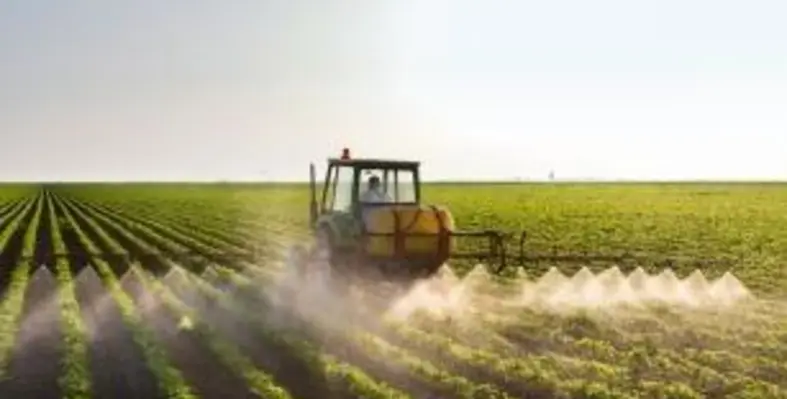Nigeria’s Federal and State governments have expressed support for an initiative to create Special Agro-industrial Processing Zones (SAPZ) - public-private partnerships aimed at developing priority value chains through developing infrastructure in rural areas, focused on finishing and transforming raw materials and commodities
At a high-level briefing session, Dr Zainab Shamsuna Ahmed, minister of finance, budget, and national Planning who hosted the meeting, reaffirmed the Federal government’s commitment to put in place enabling policies and incentives to attract private sector investment in the Zones, to ensure successful implementation.
Director general of the African Development Bank’s Nigeria Country Department, Lamin Barrow said the zones would be rolled out in 18 African countries, including Nigeria.
The Nigeria Special Agro-industrial Processing Zone programme consists of four mutually reinforcing components - infrastructure development and agro-industrial hubs management; agriculture productivity and production; policy and institutional development; and programme coordination and management.
“The Bank and its development partners are mobilising US$520mn to co-finance the first phase of the program in Nigeria, be implemented in phases across six geo-political zones,” Barrow said.
Ahmed said all 36 States in Nigeria and the Federal Capital Territory would be eligible to participate in the SAPZ programme. In addition to the Federal Capital Territory and 7 states - Kaduna, Kano, Kwara, Imo, Cross River, Ogun and Oyo - participating in Phase 1, several other states have indicated interest in the SAPZ programme. These include Bauchi, Lagos, Niger, Jigawa, Ekiti, Lagos, Taraba, Benue, Sokoto, Ondo, Nasarawa, Gombe and Kogi.
Oyebanji Oyeleran-Oyeyinka, senior adviser on industrialisation to the president of the African Development Bank, said, “The zone model is an explicit industrialisation strategy to transform poor rural spaces into zones of prosperity, stem rural-urban migration, end human insecurity induced by herder-farmers clashes, and provide employment to Nigerian youth.”
Beth Dunford, vice-president for agriculture, human and social development at African Development Bank Group, said, “In the same manner that SAPZs have worked in other countries, it will create jobs, develop skills, and facilitate agricultural value chains development in Nigeria. Private sector investment is critical to the success of the SAPZs, as well as having the right policies in place. Action is needed now. The African Development Bank is ready to accelerate this action.”
IFAD’s associate vice-president for Programme Management, Donald Brown said, “This flagship project will enable us to take our relationship with the African Development Bank to another level. Our relationship started 43 years ago, and since then we have worked together on 52 projects. But I think the Special Agro-industrial Processing Zones are the biggest and most high-profile project that IFAD and the Bank will work on together.”
Special Agro-industrial Processing are a flagship initiative of the Bank’s ‘Feed Africa’ strategic priority. They aim to provide end-to-end solutions and services that de-risk production, processing, and marketing operations of private sector actors as they boost manufacturing and transformation capacity in production areas. The end result is improved livelihoods for millions in the rural areas as well as a reduction in poverty.












